Welcome to our blog on fun short stories for learning English! Stories have always played a significant role in language learning, and reading short stories in English can be a fun and effective way to enhance your language skills, especially in terms of English reading. Whether you’re a beginner or at an advanced level, engaging with stories can improve your reading comprehension, vocabulary, and pronunciation in a foreign language.
In this blog, we will explore the importance of short stories for language learning and recommend some captivating stories that are suitable for English beginners and intermediate learners. So, let’s dive in and discover the power of storytelling in learning English!
How can reading stories help improve your English skills?
Reading these stories in English can improve your language skills by exposing you to different vocabulary, sentence structures, and idiomatic expressions. It helps with comprehension, grammar, and expanding your vocabulary. Additionally, stories provide cultural context and help develop critical thinking skills.
Importance of Short Stories for Language Learning
Short stories for learning English are an invaluable resource. They provide an opportunity to develop and hone language skills, especially reading comprehension and improve written English skills. By reading good stories, you are exposed to different vocabulary, grammar structures, and language levels in context, which aids in expanding your language proficiency.
Moreover, stories engage your imagination, making the language-learning process more enjoyable and effective. Whether you are a beginner or at an advanced level, reading short stories in English can be a great way to learn new vocabulary and improve your grammar.

Stories provide a fun way to improve your English.
Role of Stories in Vocabulary Building and Grammar
One of the key benefits of reading stories for learning English is the role they play in vocabulary building. Stories introduce new words and phrases in context, making it easier for language learners to grasp their meanings. As you engage with stories, you encounter words within the language level appropriate for your proficiency, exposing you to a wide range of vocabulary.
This exposure to new words enhances your language skills and aids in vocabulary retention. By learning new words in the context of a story, you not only understand their meanings but also how they are used in sentences, which is crucial for language acquisition.
Engaging with stories in English also provides a platform for learners to explore different themes and subjects, further expanding their vocabulary. Whether it’s reading stories about cultures, historical events, or contemporary issues, the diverse range of topics covered in short stories exposes learners to a broad spectrum of vocabulary. This exposure to different vocabulary sets the foundation for effective language learning and helps learners communicate more proficiently.

Reading in English can improve your grammar skills and vocabulary.
Impact on Pronunciation Skills
Besides vocabulary building, reading short stories in English has a positive impact on pronunciation skills. While reading, you are exposed to the rhythms, intonations, and natural flow of the language, allowing you to practice and refine your pronunciation. By listening to the sounds of spoken language within the context of the story, you can improve your ability to articulate words accurately.
Engaging with stories also provides learners with an opportunity to practice English language skills in a safe and supportive environment. By reading aloud, learners can imitate the pronunciation of native speakers, helping them develop good language skills, including pronunciation. Additionally, stories often present dialogue, allowing learners to familiarize themselves with conversational language and practice speaking in a natural way, which can be especially beneficial for those learning English as a second language.
In summary, reading short stories in English enhances language skills naturally, as learners engage with the language in an enjoyable and meaningful way. The exposure to vocabulary, grammar, and pronunciation through stories contributes significantly to the improvement of language skills, making storytelling an essential tool for language learners.
You could even try listening to the stories as audio while you follow along by reading your book, so you can hear how certain words are pronounced.
If you’re ready for more of a challenge, be sure to check out our post on the best books to read for improving your English.

You might not think it, but reading can improve your pronunciation!
Short Stories in English for Beginners
For English beginners, it is crucial to choose stories that are suitable for their language level. Simple stories with uncomplicated language and clear themes, such as fairy tales, are an ideal starting point for beginners. These stories provide the necessary foundation for language learning, allowing beginners to grasp basic vocabulary, grammar, and sentence structures in a manageable way.
‘The Old Man and the Sea’ by Ernest Hemingway
The Old Man and the Sea by Ernest Hemingway is one of the best stories for learning English for beginners, as it is written in a straightforward and unpretentious style, making it easy to understand even for those who don’t have English as their first language.
Additionally, the story’s dynamic between the old man and the young boy adds an element of heartwarming companionship that can be enjoyed by readers of all levels.
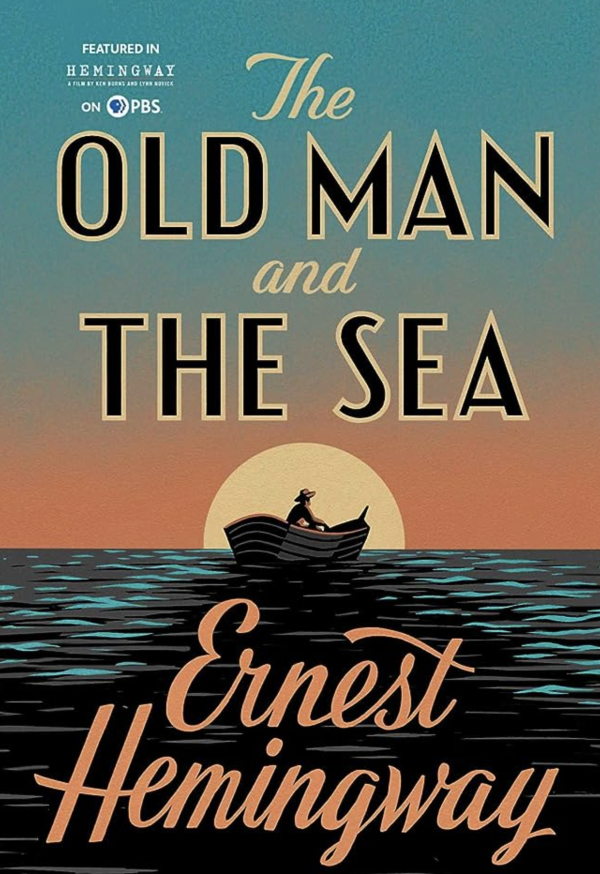
‘The Tortoise and the Hare’ by Aesop
One of the classic stories for learning English that beginners will enjoy is “The Tortoise and the Hare” by Aesop. This timeless tale imparts valuable moral lessons while teaching vocabulary in the context of a compelling story. Here are the key lessons and vocabulary takeaways from “The Tortoise and the Hare”:
- Slow and steady wins the race: This story teaches the importance of perseverance and not underestimating the power of consistency.
- Vocabulary lessons: Through the story, learners encounter words such as tortoise, hare, race, fast, slow, winner, and loser, helping them to expand their vocabulary in a meaningful way.
- By engaging with fables like “The Tortoise and the Hare,” beginners can acquire new vocabulary, understand the moral lessons embedded in the story, and enhance their comprehension skills in English.
‘The Ant and the Grasshopper’ by Aesop
Another fable suitable for beginners is “The Ant and the Grasshopper.” This story teaches the importance of future planning and the consequences of procrastination. Here are the key lessons and vocabulary takeaways from “The Ant and the Grasshopper”:
- Future planning: The story emphasizes the significance of preparing for the future and making responsible choices in life.
- Vocabulary lessons: Learners encounter words like ant, grasshopper, winter, food, lazy, hardworking, and preparation, enhancing their vocabulary in the process.
- Reading stories like “The Ant and the Grasshopper” allows beginners to learn valuable life lessons, expand their vocabulary, and develop a deeper understanding of the English language.
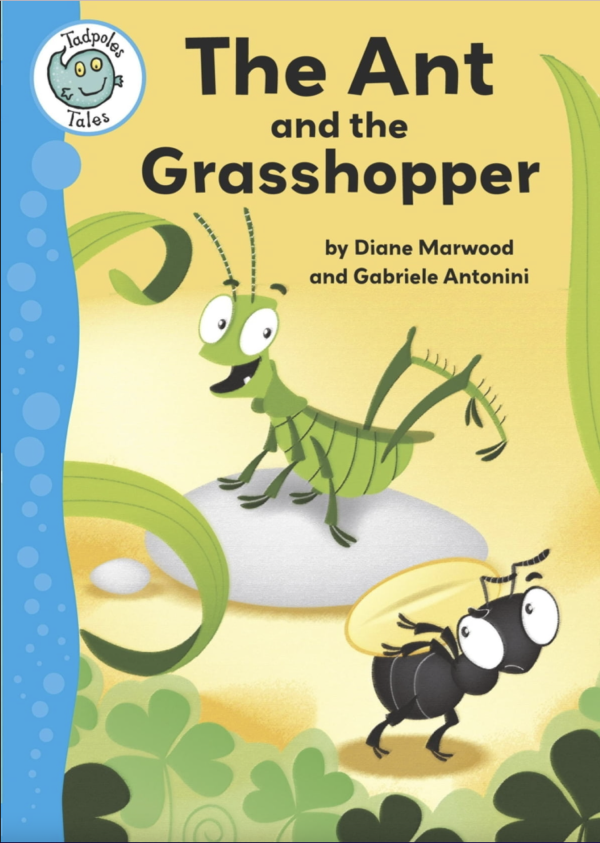
‘The Tale of Peter Rabbit’ by Beatrix Potter
Beatrix Potter, a renowned English author, created enchanting stories that continue to captivate readers of all ages. Her stories are particularly suitable for beginners due to their engaging narratives and rich vocabulary.
Engaging with Beatrix Potter’s stories provides language learners with an opportunity to explore different themes, characters, and settings, expanding their language skills in the process. From the mischievous Peter Rabbit to the adventurous Jemima Puddle-Duck, Beatrix Potter’s stories offer delightful reading material for learners at different language levels, making the language learning journey more enjoyable and immersive.
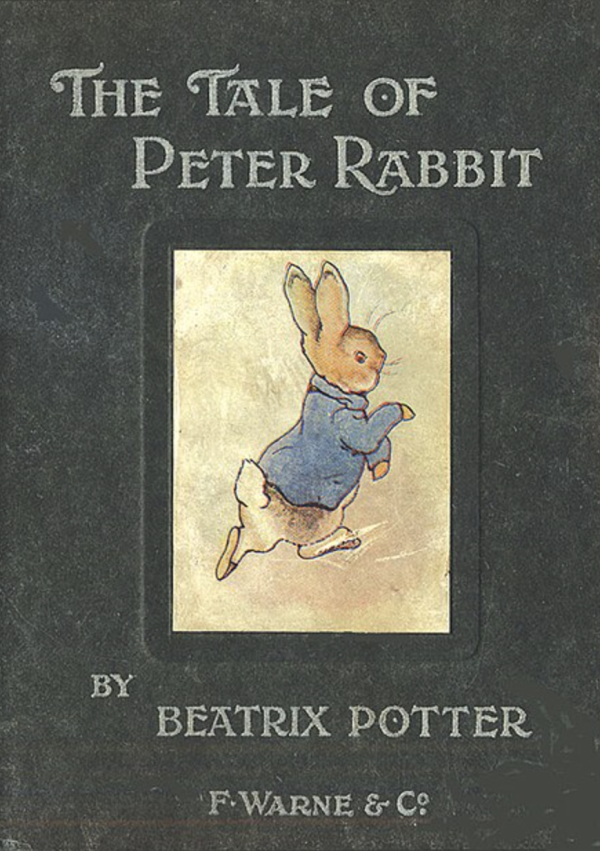
Stories for Learning English for Intermediate Learners
For intermediate English learners, there is a wide range of stories for learning English available that can help enhance language skills and provide engaging content.
‘The Gift of the Magi’ by O. Henry
“The Gift of the Magi” is a heartwarming tale about a young couple, Jim and Della, who face financial challenges during the holiday season.
Despite their limited resources, they each decide to sacrifice something dear to them to buy the perfect gift for their partner. Through their selfless acts, they learn the true meaning of love, sacrifice, and the importance of cherishing what truly matters. This classic story by O. Henry is perfect for intermediate English learners as it not only provides a captivating narrative, but also introduces them to key vocabulary related to emotions, relationships, and the holiday season.
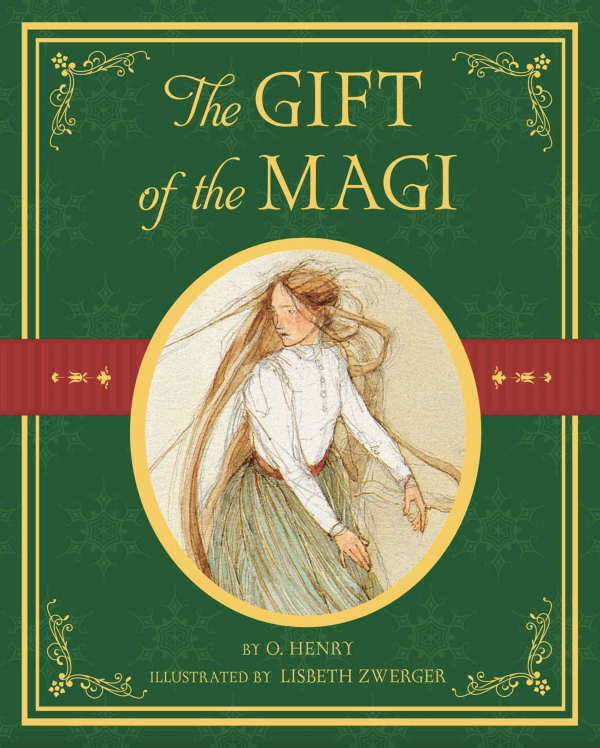
‘The Lottery’ by Shirley Jackson
Shirley Jackson‘s thrilling tale, “The Lottery,” is a thought-provoking story that challenges the reader’s perception of tradition and reveals the dark side of human nature. As learners dive into this gripping narrative, they will encounter a range of vocabulary, from ordinary words like village and tradition to more complex terms like ritual and symbolism.
Reading “The Lottery” not only expands one’s vocabulary but also sparks critical thinking and encourages reflection on societal norms. Language learners will have the opportunity to discuss topics such as blind adherence to tradition, conformity, and the power of collective behaviour.

‘To Build a Fire’ by Jack London
Jack London‘s chilling tale, “To Build a Fire,” takes readers on a treacherous journey through the harsh Alaskan wilderness. This gripping story follows the protagonist as he faces the ultimate battle against nature and his own arrogance. As language learners immerse themselves in this thrilling narrative, they will encounter vivid descriptions of snow-covered landscapes, learn survival techniques, and explore the depths of human resilience.
Through “To Build a Fire,” learners can deepen their understanding of descriptive writing and enhance their vocabulary with words related to nature, survival, and character emotions.

‘The Happy Prince’ by Oscar Wilde
“The Happy Prince” by Oscar Wilde unfolds a captivating and thought-provoking story ideal for language learners. Engaging with this timeless tale offers an enriching reading experience and helps develop English skills. Through the narrative, learners encounter rich vocabulary and grammar structures while exploring the power of love and altruism.
Enthralled readers can download the story for happy reading—making it a valuable resource for improving reading comprehension in simple English. Embracing “The Happy Prince” by Oscar Wilde, a humorous story, promises a rewarding journey for language learners, fostering a deeper appreciation for English short stories with its heartwarming happy ending.
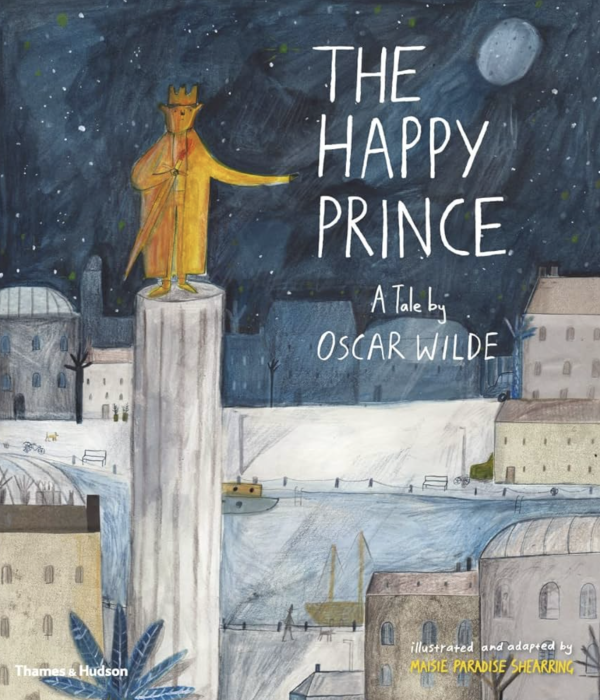
Meet Education FF!
If you want to improve your English and you’re looking for an incredible English study holiday for summer 2024, our Junior Summer Programs are perfect for you.
Our courses go beyond the usual General English. The level of tuition is outstanding with a teacher/student ratio among the best.
Our team also boasts decades of experience in the study travel sector and is at your disposal.





